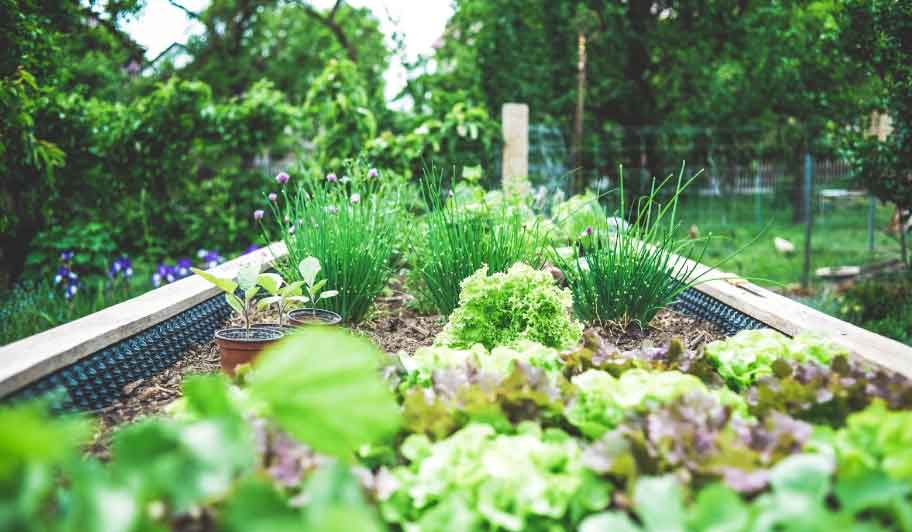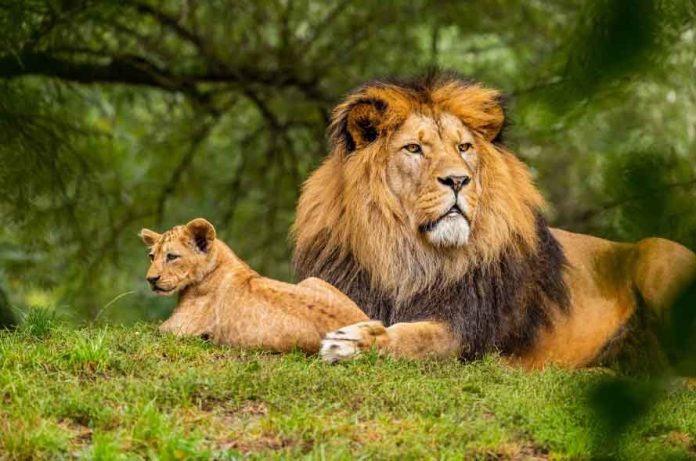Conserving wildlife has many benefits, including enhancing food security, promoting pollination, and protecting endangered species. Wildlife conservation helps to protect animals and plants and their environments to ensure that everyone can enjoy the world. Every living thing, from humans to algae, has a purpose, and protecting plants and animals can help balance our ecosystem.
There are many reasons why you should help conserve wildlife, but most important of all is the fact that all living creatures deserve to be cared for. Here are just a few ways you can help conserve wildlife.
1. Adoption
No, you should not adopt a wild animal and live with it in your home. However, you can adopt places and animals without having to care for them directly. For example, you can adopt animals from a wildlife conservation organization by donating to them, allowing their professionals to properly care for wild animals. The World Wildlife Fund (WWF) has many different animals you can adopt for a small fee, and these symbolic adoptions help to fund organizations with the resources to protect wildlife.
2. Volunteer
Not everyone has money to donate to a cause, but everyone has time. Many organizations, including zoos, have volunteer programs where you’ll clean beaches or help rescue wild animals.
3. Practice Good Recycling Habits
As you already know, tons of trash end up in the ocean, which can harm wildlife. You can protect wildlife from the comfort of your own home by reducing waste, reusing what you can, and recycling what you can’t. Minimizing your trash allows you to reduce your carbon footprint, which can help you save the lives of wild animals while not contributing to landfills. Additionally, cutting back on plastic, especially unnecessary plastic that goes into the trash immediately after use, can help ensure your trash doesn’t end up in the ocean.
4. Eat Sustainably
Eating more fruits and vegetables and less meat is a great way to conserve wildlife. If you’re not a vegan or vegetarian, there are still ways that you can eat sustainably. For example, you can try eating sustainable fish more often since overfishing and fish farming can deplete the ocean. There are tons of high-quality vegan and vegetarian options out there, making it even easier for us to reduce our animal product consumption. And if you’re worried about getting your daily intake of protein, check some of the tasty vegan protein shake options out there.
5. Grow a Garden

If you like honey, you should start trying to protect the bees. However, bees do more than produce honey. These buzzing insects help balance our ecosystem by pollinating flowers and plants that serve as essential crops that we eat, including wheat and rice. So while you may run from a bee when you see it, you should aim to find ways to protect their populations.
Growing a garden is a simple way to help protect the bees. As their populations decrease due to pesticides and herbicides used for crops, you can do your part by growing bee-friendly plants like salvia or bee balm in your garden.
6. Don’t Litter
Never let your trash end up on the ground outside because you don’t know what animal will find it. If you see litter on the street or beach, pick it up. Small actions such as removing litter can greatly impact an animal’s environment so they’re safe to reproduce.
7. Donate
You can donate to your local nature reserves or larger organizations to help conserve wildlife. The money you donate will be used to help ecologists and animal experts care for the environment and the animals that live in it. Your donations to zoos and nature preserves can help maintain conservation areas where animals can thrive.
8. Be Heard
Sharing your views on wildlife conservation is a great way to get the word out about the different types of efforts other people can make. Telling your friends and family why and how to help can promote conservation efforts.
9. Collect Donations
If you want to make your donation go further, you can use a small amount of your money to create and sell products and then donate the profits to a conservation organization. For example, if you have a skill, such as baking, you can start selling cookies, cakes, and other treats and donate all of the money you’ve made to your favorite organization, allowing your donation to go one step further.
10. Consider Your Home Habits
One of the easiest ways to help conserve wildlife is to consider your habits at home. If you don’t have a recycling bin, it’s time to get one to prevent your trash from ending up in the ocean. Additionally, you can talk to your family about the importance of recycling and picking up litter whenever they see it. You can also buy responsibly by avoiding products made from endangered animal products, such as fur.
Additionally, you can start to use products in your home that are safer for the environment. For example, consider using a shampoo bar instead of buying bottles. You can also use natural lawn products that won’t poison the wildlife surrounding your home.
11. Consider Your Job
If you’re truly passionate about wildlife conservation, consider making it a career. If you already have a job, many of your skills might be transferable, so you can start job hunting for career options that allow you to combine your passion with your skill set.
12. Save Energy
Using less energy by driving less, only using your washing machine and dishwasher when full, and turning the lights off when you leave a room can help protect wildlife. Think about all the different types of energy that require fossil fuels and coal that can harm wildlife and their habitats when burned. You can conserve wildlife by making a few simple rules around the house for power usage to prevent electricity bleeding and use less energy.
Conserving Wildlife
There are many ways to start helping conserve wildlife, from donating and volunteering to teaching others about the importance of caring about the environment. You don’t have to be a wildlife expert to start helping protect our planet and all of its creatures. Instead, you can make a few simple lifestyle changes or start spending your time and money on the causes you care about.
About the Author
 Ashley Nielsen earned a B.S. degree in Business Administration Marketing at Point Loma Nazarene University. She is a contributing writer at 365businesstips.com where she shares knowledge about general business, marketing, lifestyle, or financial tips. During her free time she enjoys being outside, staying active, reading a book, or diving deep into her favorite music.
Ashley Nielsen earned a B.S. degree in Business Administration Marketing at Point Loma Nazarene University. She is a contributing writer at 365businesstips.com where she shares knowledge about general business, marketing, lifestyle, or financial tips. During her free time she enjoys being outside, staying active, reading a book, or diving deep into her favorite music.




































